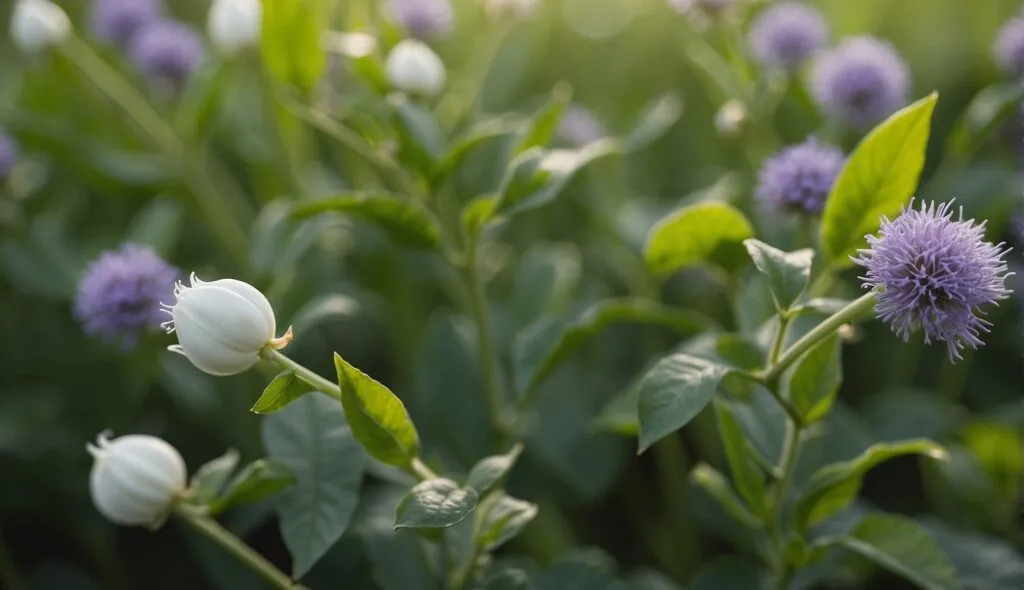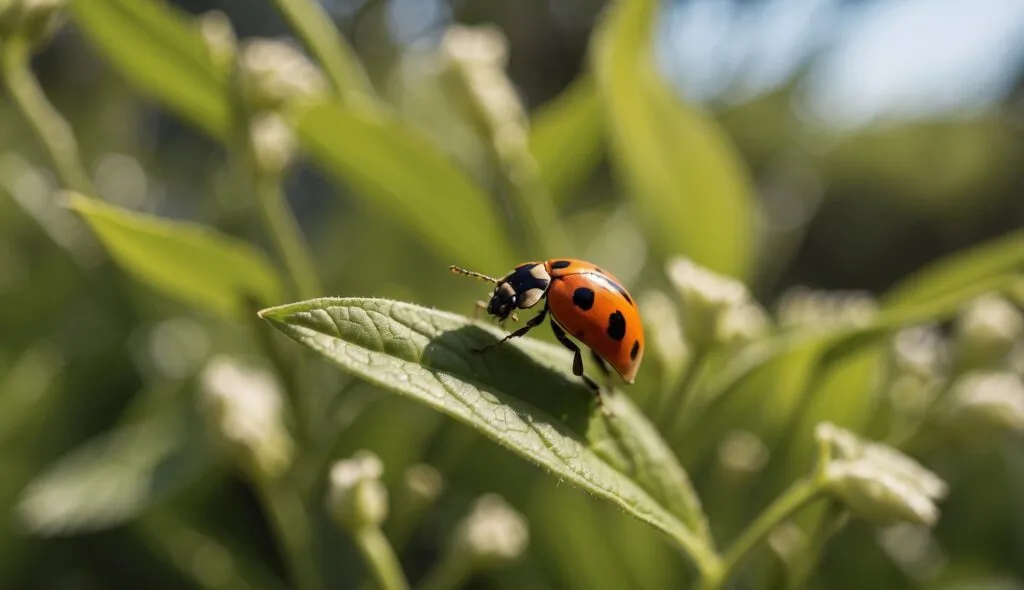Are you tired of dealing with pesky green flies invading your space during the warmer months? Look no further. In this article, we will explore effective green fly repellents that can help you keep these bothersome insects at bay. We will discuss natural solutions, preventive measures, and even commercial repellents and traps to help you find the best method for your needs.
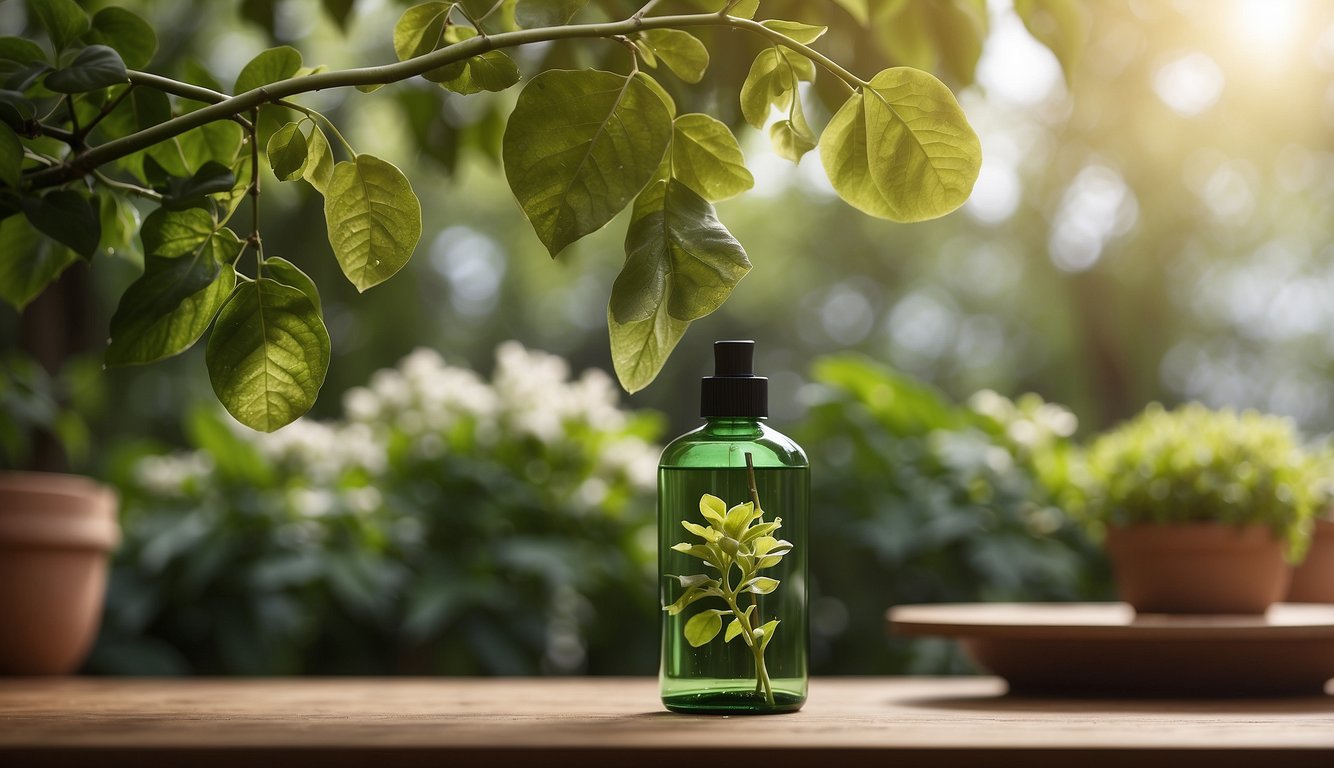
Understanding the behavior of green flies is crucial in finding the most effective repellent. By learning about their habits and preferences, we can better target our efforts to deter them from our surroundings. Additionally, we will delve into the importance of home sanitation and preventive measures to minimize the presence of green flies. Whether you prefer natural remedies or are considering commercial options, we’ve got you covered with comprehensive insights to help you combat these persistent pests.
Table of Contents
Key Takeaways
- Effective green fly repellents can help keep bothersome insects at bay during warmer months.
- Understanding the behavior of green flies is crucial in finding the most effective repellent.
- Home sanitation and preventive measures play a significant role in minimizing the presence of green flies.
Understanding Flies and Their Behavior
As gardeners and homeowners, it’s important for us to understand the behavior of flies. Flies are a nuisance and can carry diseases, making them a potential health hazard.
Types of Flies
There are many types of flies, but the most common ones we encounter are house flies and fruit flies. House flies are attracted to warmth and light, and they breed in moist areas such as compost bins and garbage cans. Fruit flies, on the other hand, are attracted to overripe fruits and vegetables.
Other types of flies that we might encounter include horse flies, which are attracted to warmth and movement, and green flies, which are attracted to plants.
Breeding Grounds
Flies need moist and warm environments to breed. They lay their eggs in decaying organic matter, such as animal feces, garbage, and compost. It’s important for us to keep our surroundings clean and dry to prevent flies from breeding.
Attraction to Light
Flies are attracted to light, especially during the night. This is why we often see them buzzing around light fixtures and lamps. However, not all types of flies are attracted to light. Some, like fruit flies, are more attracted to the smell of food.
Prevention and Control
Preventing flies from breeding is the best way to control their population. This can be done by keeping our surroundings clean and dry, and by disposing of garbage and animal feces properly. We can also use fly traps and repellents to control their population.
There are many natural fly repellents that we can use, such as essential oils, herbs, and vinegar. These can be applied directly to our skin or sprayed in our surroundings. It’s important to note, however, that not all natural repellents are effective against all types of flies.
In conclusion, understanding the behavior of flies is essential for effective control and prevention. By keeping our surroundings clean and dry, and by using natural repellents, we can reduce their population and protect ourselves from potential health hazards.
Natural Fly Repellent Solutions
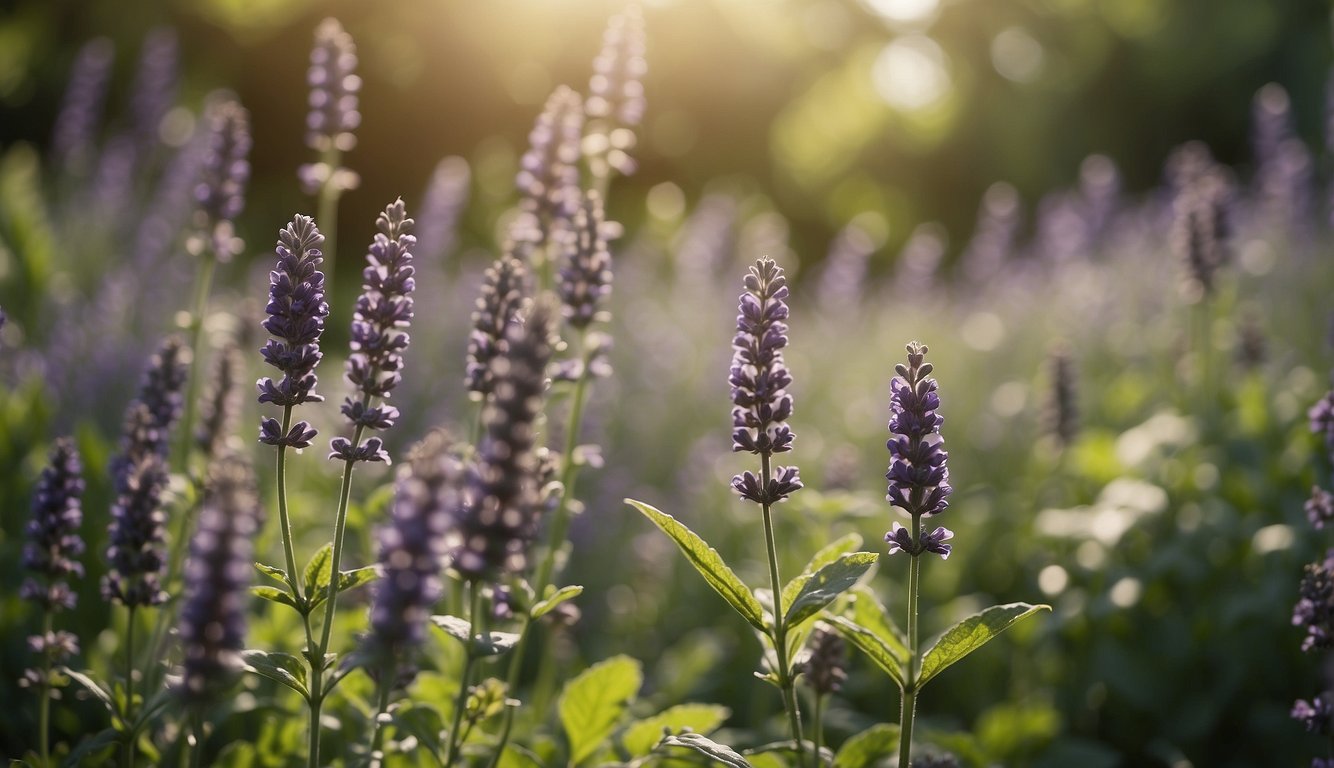
When it comes to keeping flies away, natural solutions are often effective, eco-friendly, and cost-effective. We can utilize herbs and essential oils to create repellents that are safe for the environment and our homes.
Herbs and Essential Oils
Certain herbs and essential oils have been known for their fly-repelling properties. These include basil, citronella, lavender, peppermint, rosemary, eucalyptus, marigolds, lemongrass, and tea tree. Citronella oil, lavender oil, peppermint oil, and geranium oil are particularly effective in warding off flies.
Homemade Solutions and Ingredients
For those interested in homemade remedies, ingredients such as apple cider vinegar, eucalyptus oil, witch hazel, and water can be combined to create effective fly repellent sprays. Additionally, setting up a vinegar trap or using homemade fly traps can help keep the fly population at bay. Regular cleaning and maintaining a clean environment can also contribute to reducing the presence of flies in our homes.
Preventive Measures and Home Sanitation
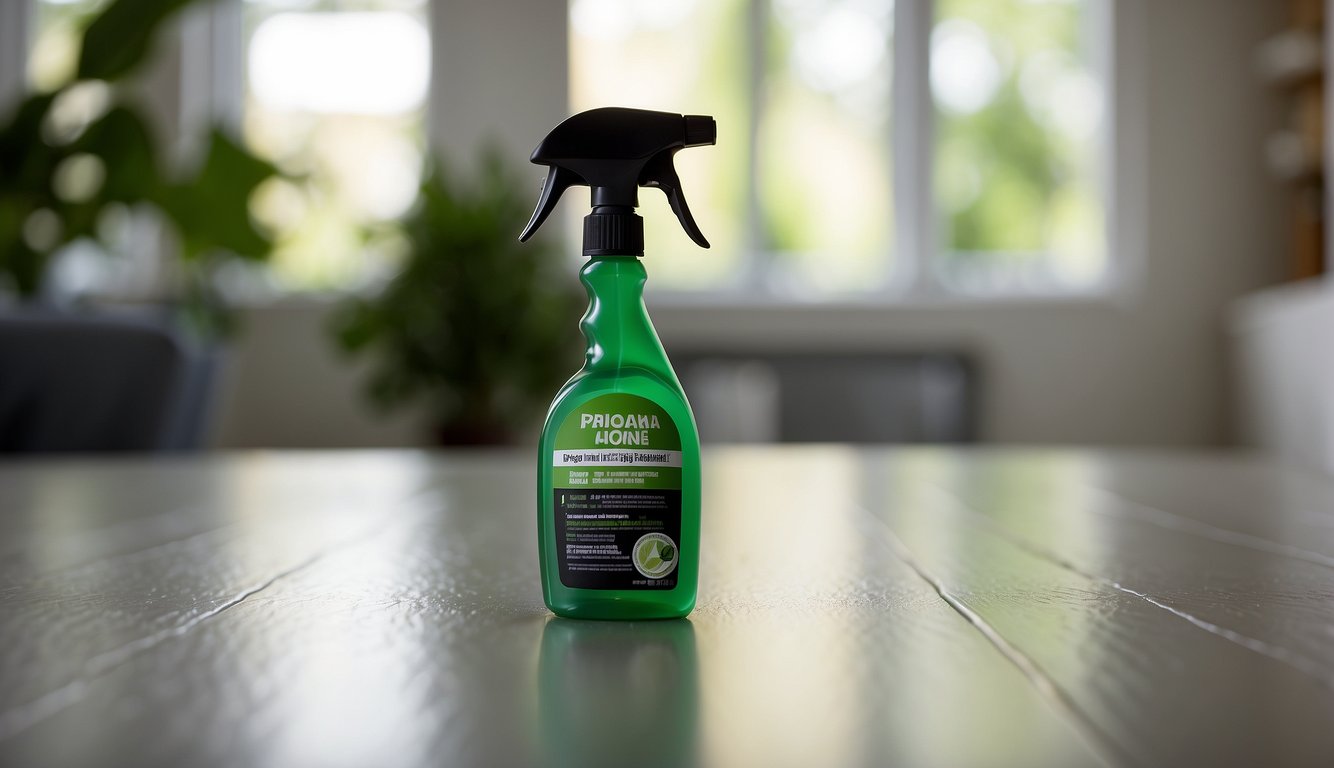
When it comes to preventing green flies from invading our homes, we need to focus on sanitation and cleanliness. We need to ensure that our homes are clean and free of any organic matter that might attract flies. Here are some preventive measures and home sanitation tips that can help us keep green flies at bay.
Cleanliness is Key
The first and most important step in preventing green flies is to keep our homes clean. We need to make sure that all surfaces, including our kitchen counters and fruit bowls, are wiped clean regularly. We also need to ensure that our garbage cans are covered and emptied regularly to prevent any buildup of organic matter that might attract flies.
Pet Waste
Pet waste is another common source of organic matter that attracts flies. We need to make sure that our pets’ waste is disposed of properly and not left lying around in the yard. We can also use pet waste bags to pick up any waste that might be lying around.
Sanitation
Sanitation is also an important factor in preventing green flies. We can use disinfectants to clean our homes and keep them free of germs and bacteria. This will not only help prevent flies but also keep us healthy.
Preventive Measures
In addition to cleanliness and sanitation, there are some preventive measures that we can take to keep green flies at bay. We can use fly repellents and traps to keep them away from our homes. We can also use screens on our windows and doors to prevent them from entering our homes.
In conclusion, by following these simple preventive measures and home sanitation tips, we can keep our homes clean and free of green flies. We need to be diligent in our efforts to keep our homes clean and free of organic matter that might attract flies. With a little effort, we can keep our homes fly-free and healthy.
Commercial Fly Repellents and Traps
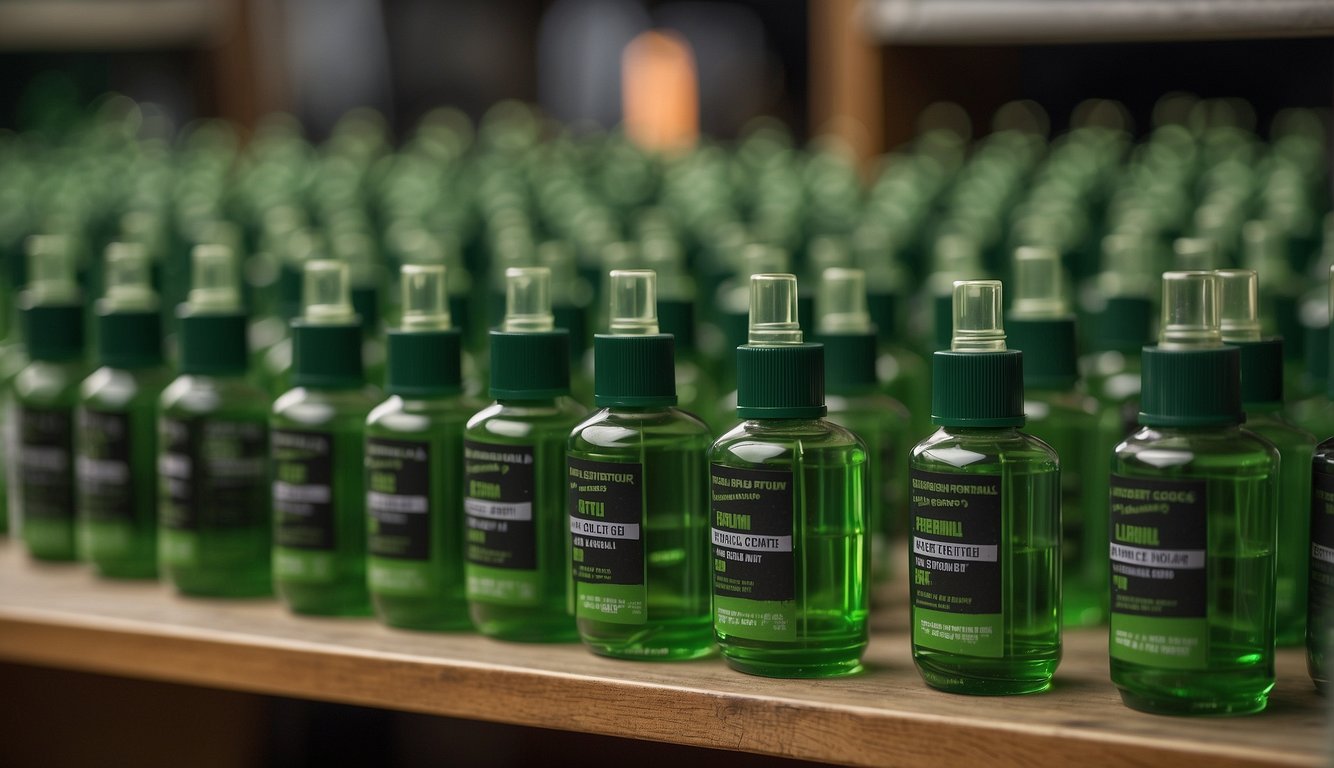
When it comes to managing green fly infestations, commercial fly repellents and traps can be valuable tools. Understanding the ingredients and forms of these products is crucial in assessing their effectiveness and safety.
Understanding Ingredients and Forms
Commercial fly repellents are available in various forms, including lotions and sprays. These products often contain active ingredients such as DEET, picaridin, pyrethrin, and geraniol. DEET and picaridin are common ingredients in many insect repellents and are known for their effectiveness in repelling flies. Pyrethrin is a natural insecticide derived from chrysanthemum flowers, while geraniol is a plant-based repellent.
Assessing Effectiveness and Safety
When evaluating commercial fly repellents and traps, it’s essential to consider their effectiveness in repelling flies while also ensuring they are safe for use. Some repellents may contain harsh chemicals that could pose risks, including allergic reactions. On the other hand, eco-friendly options are available, providing effective protection without the use of harsh chemicals. Additionally, it’s vital to consider the potential impact on diseases and pathogens carried by flies, ensuring that the chosen repellent or trap offers adequate protection.
By carefully considering the ingredients, forms, and safety aspects of commercial fly repellents and traps, we can make informed decisions to effectively control green fly infestations.
Conclusion
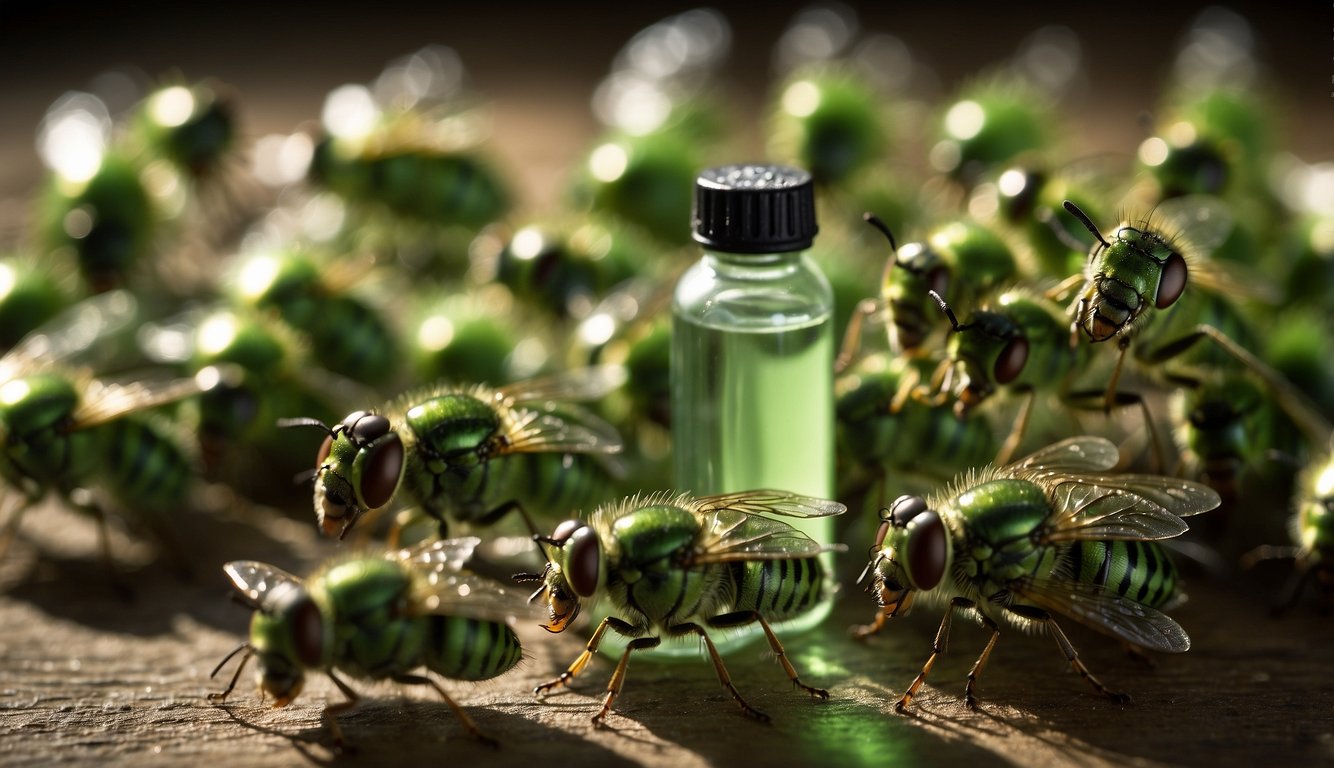
In conclusion, green flies can be a nuisance for gardeners and homeowners alike. However, there are many effective and natural repellents that can help keep them at bay. By using a combination of preventative measures, such as removing standing water and keeping your garden tidy, as well as repellents like essential oils and herbs, you can significantly reduce the number of green flies in your home or garden.
Some of the most effective natural repellents for green flies include eucalyptus oil, lavender oil, and bay leaves. These can be used in various ways, such as in sprays or sachets, to help keep green flies away. Additionally, using sticky traps and insecticidal soap can be effective in controlling green fly populations.
It is important to note that while natural repellents can be effective, they may not provide complete protection against green flies. In some cases, it may be necessary to use chemical insecticides to fully eliminate an infestation. However, we recommend using natural repellents as a first line of defense, and only resorting to chemical treatments as a last resort.
Overall, by taking a proactive approach to green fly control and using a combination of natural repellents and preventative measures, you can keep your home and garden free of these pesky insects.
Frequently Asked Questions
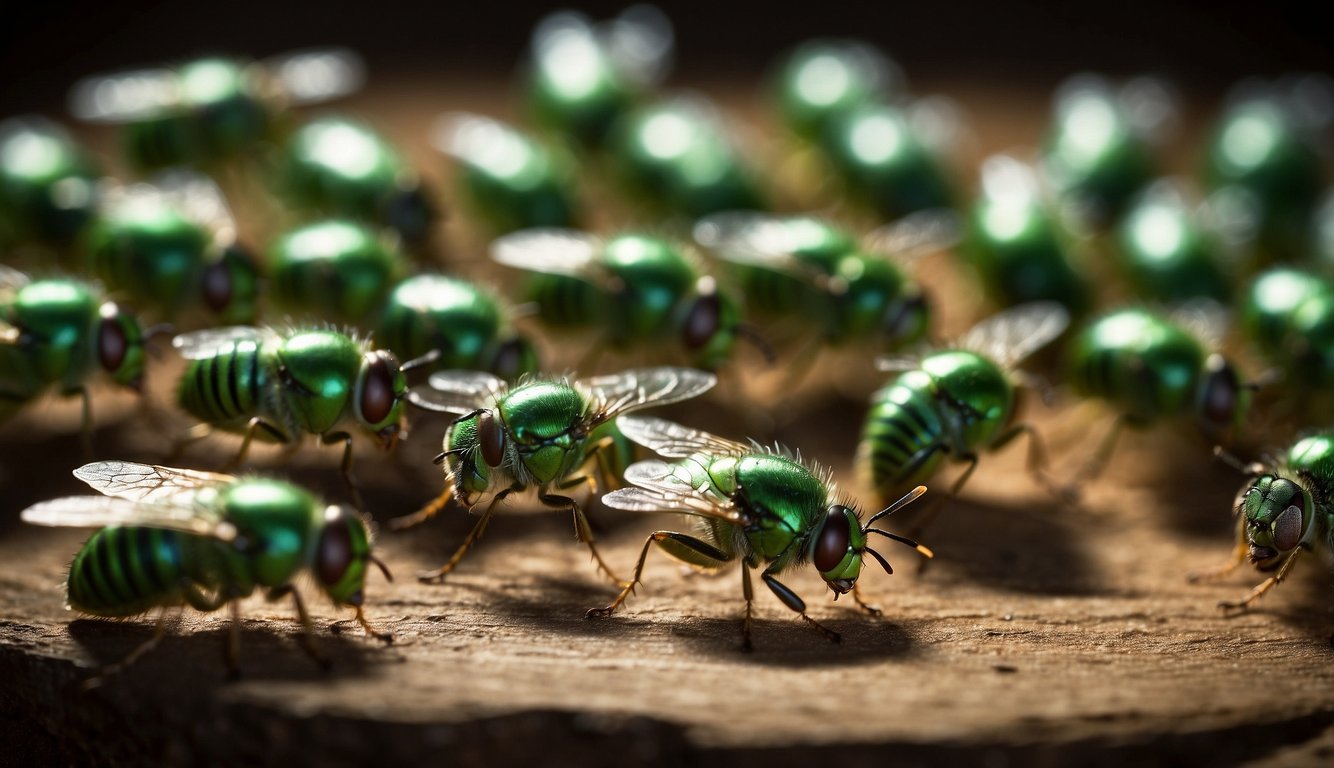
What are the most effective natural remedies to repel green flies?
Green flies can be deterred using natural remedies such as essential oils, herbs, and spices. Peppermint oil, lavender oil, and garlic are known to repel green flies. Additionally, planting herbs such as basil, mint, and rosemary around your home can help keep green flies at bay.
How can I protect myself from green flies when outdoors?
When outdoors, wearing light-colored clothing and avoiding wearing perfumes or scented lotions can help deter green flies. Additionally, using a natural insect repellent that contains essential oils such as peppermint or lavender can help keep green flies away.
Which commercial fly repellents are considered the best against green flies?
Commercial fly repellents that contain pyrethrin or permethrin are known to be effective against green flies. However, it is important to read the label and follow the instructions carefully when using any commercial insect repellent.
Can I create an effective green fly repellent using household items?
Yes, there are several household items that can be used to create an effective green fly repellent. For example, a mixture of water and vinegar can be sprayed around your home to deter green flies. Additionally, a mixture of garlic and water can be used to create a natural fly spray.
Is Listerine a viable option for repelling greenhead flies?
Listerine has been touted as a natural fly repellent, but there is no scientific evidence to support this claim. While Listerine may have some insecticidal properties, it is not considered a reliable method for repelling greenhead flies.
Are there any specific ingredients in fly sprays that are particularly good at repelling greenhead flies?
Fly sprays that contain pyrethrin or permethrin are known to be effective against greenhead flies. Additionally, sprays that contain essential oils such as peppermint or lavender may also be effective at repelling greenhead flies.

